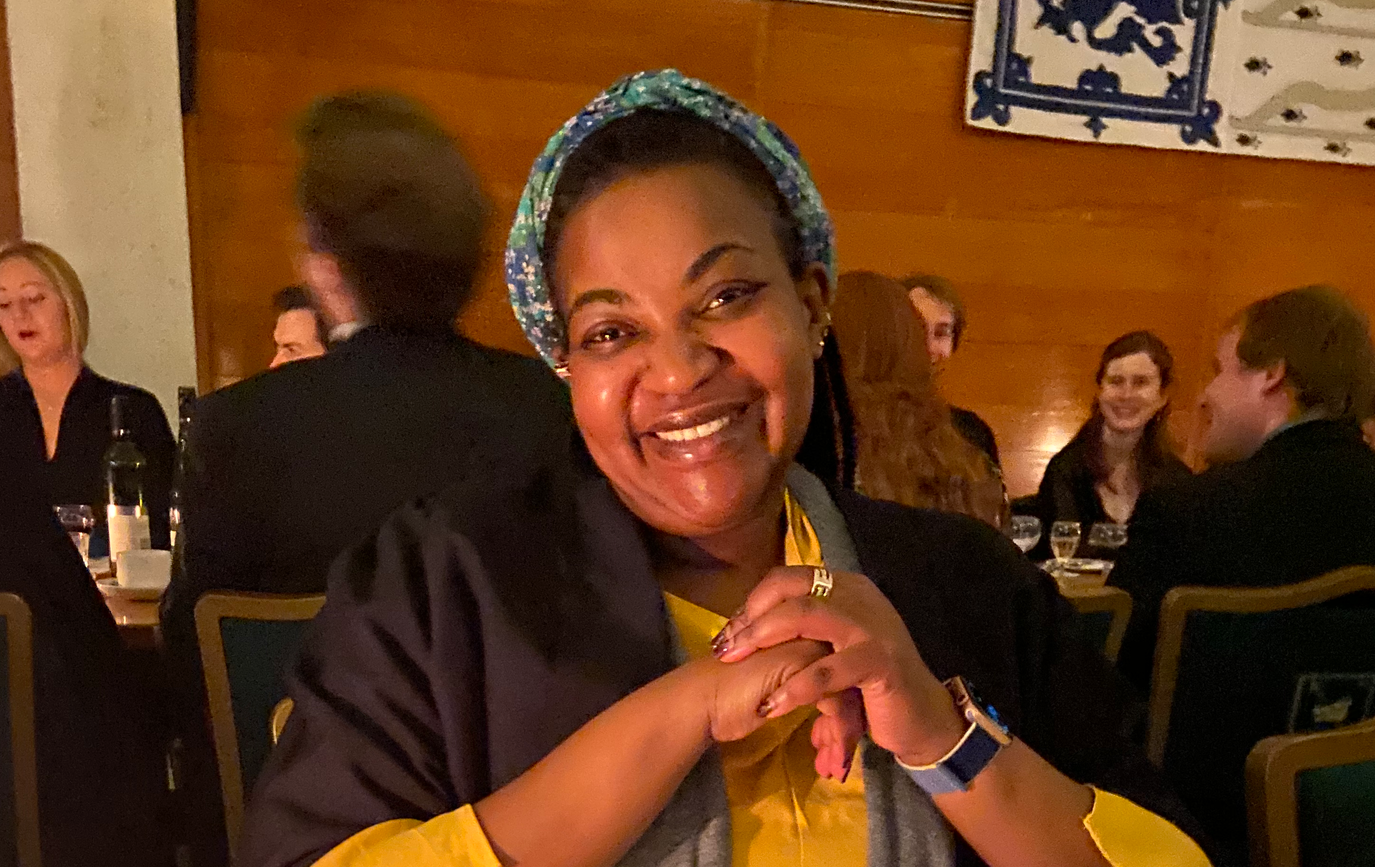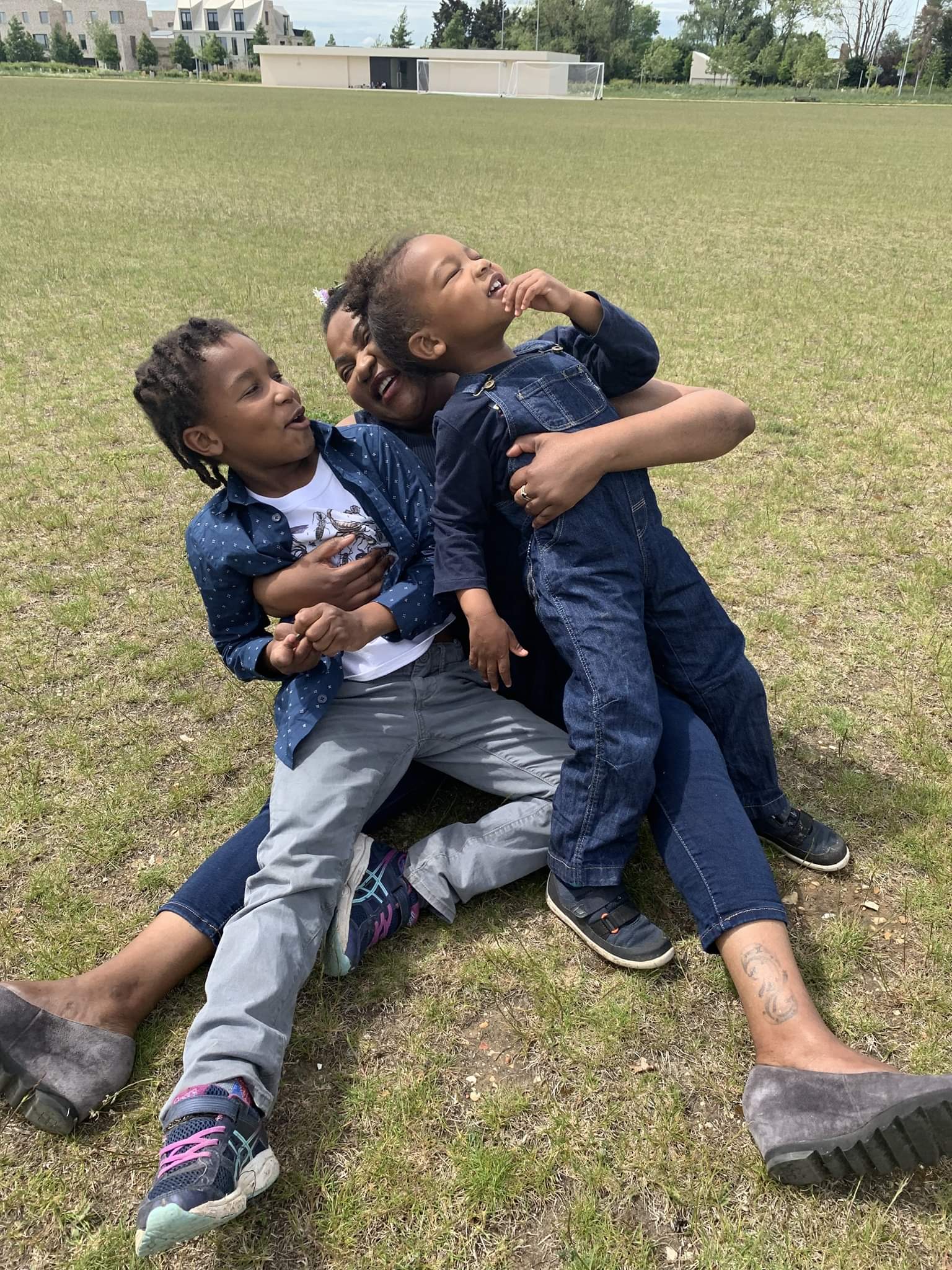
Alice Musabende is presenting a BBC radio series next week on how to speak to young people about genocide and why it is necessary.
It is a programme in which I try to find people to discuss ways to tell children and young people about genocide - and other mass atrocities in a way that is mindful and tries to mitigate generational trauma.
Alice Musabende
A Gates Cambridge Scholar is to present a very personal BBC Radio 4 series on how to educate young people about genocide and mass trauma next week.
Alice Musabende [2016] will present Unspeakable, a five-part series which runs from 2-6 August* on BBC Radio 4 and BBC Sounds. Alice is a former journalist from Rwanda, a PhD candidate in Politics and a 2020 recipient of the Bill Gates Sr. Award.
She says: “It is a programme in which I try to find people to discuss ways to tell children and young people about genocide – and other mass atrocities in a way that is mindful and tries to mitigate generational trauma.”
The programme, produced by Talking Politics’ Catherine Carr and Loftus Media, is a hugely personal issue for Alice. A survivor of the 1994 genocide against the Tutsis in Rwanda, in which her family were killed, along with over a million other Tutsis, she says she has found it impossible to articulate the reality of the violence which was unleashed on her people.
 But she is now facing questions from her two sons [pictured right with Alice] about their family, about Rwanda and about the past which she feels demand answers. But doing so is traumatic for Alice.
But she is now facing questions from her two sons [pictured right with Alice] about their family, about Rwanda and about the past which she feels demand answers. But doing so is traumatic for Alice.
“As I started to approach this – not so much as an intellectual project as I had in the last 15 years – but more as a personal human story, I realised I didn’t know how to do that; and as I do quite often so I panicked! Because I wanted to tell a story not just of death or desolation and pain – but also of life,” says Alice, whose PhD in Politics and International Relations focuses on the role of global governance in rebuilding countries emerging from conflicts.
In the series, Alice asks for help, wisdom and guidance from others who have “already had the hardest conversations” – from fellow genocide survivors, second generation holocaust survivors, a therapist who works with AIDS orphans in South Africa and a publisher of stories in Rwanda.
The series explores everything from questions of identity and second generational trauma to the importance of stories and history legacy.
In the first episode, Alice meets Eric Murangwa Eugene, founder of Ishami Foundation and an educator and fellow survivor who urges her not to delay telling her boys about their country’s past.
*The series begins at 1:45pm on Radio 4 on Monday 2nd August, and continues throughout the week. More information can be found here.












